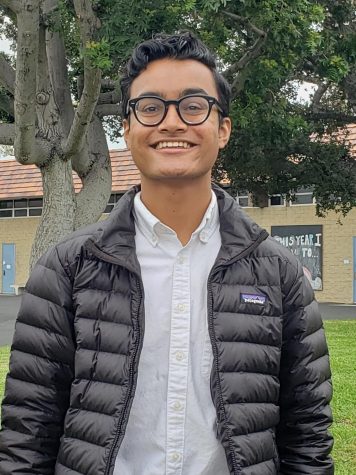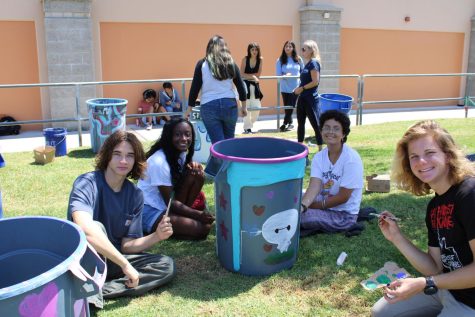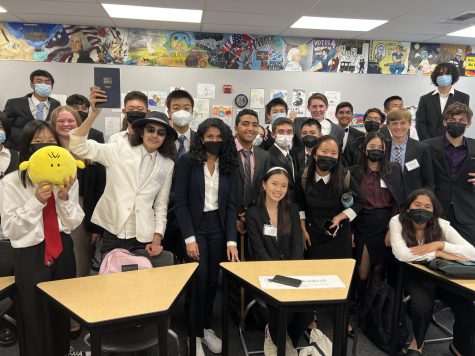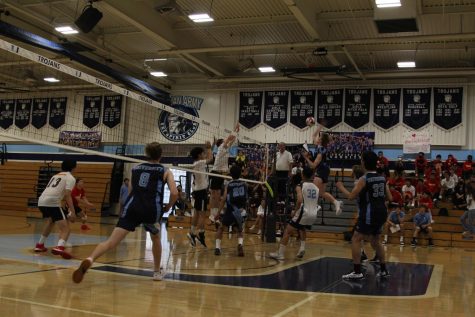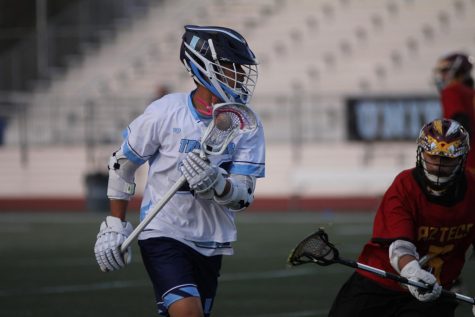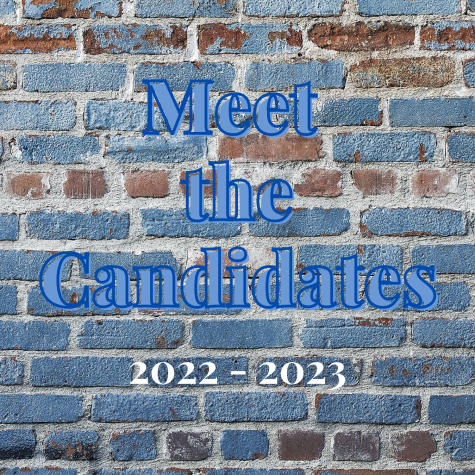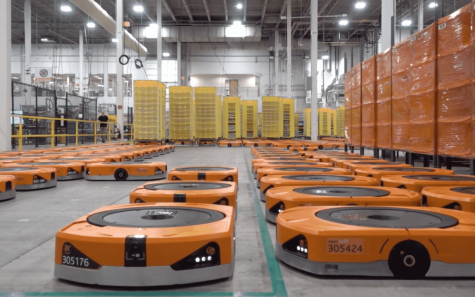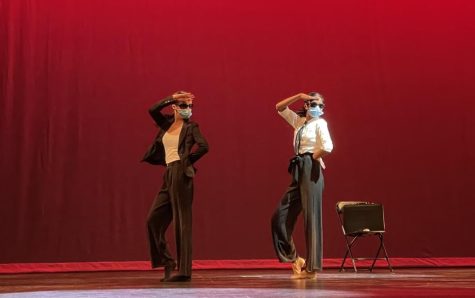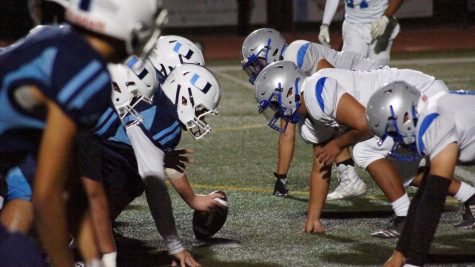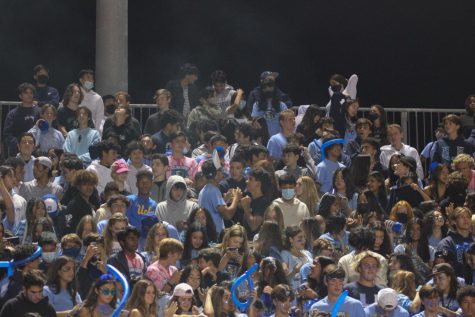Science Fair
August 17, 2020
What is Science Fair?
Science Fair is a year-round academic competition in which students, either individually or in groups of 2-3 (regardless of grade level), conduct science experiments/research studies to present at various science fairs in California. Projects can range from toxicology to applied mechanics but must ultimately follow the “scientific method”––this entails a complete hypothesis, relevant experimental work, and properly analyzed data. At the Science Fair, students will compete against other students in their scientific category and be interviewed by a number of scientific professionals and industry leaders. Top performers will have the opportunity to advance to higher stages of competition, earn cash prizes, attain valuable connections and internship opportunities, and more.
What is the time commitment for the Science Fair?
There is no set time commitment for the Science Fair. Projects can often take an entire year to complete, while others require only three months, or sometimes three weeks, of rigorous effort. The general rule, however, is that quality projects which have the best chance of advancing far in the competition will take a considerable amount of time and effort. Science Fair is annual, and thus, students may work on their project during summer break, during the school year, or whenever they have the time.
What are the levels of competition for the Science Fair?
Historically, all UHS students who complete a science fair project will be automatically eligible for the IUSD District Science Fair (although this is subject to change with a substantial increase in participants). First and second place winners of the IUSD District Science Fair then move onto the OCSEF (Orange County Science & Engineering Fair). Analogous to the previous level of competition, top performers in each scientific category will advance to the CSEF (California Science and Engineering Fair). At the CSEF, there is no further level of advancement. However, outstanding projects at the county and state level (between 4-6 projects for the entire fair, not just each category) will have the opportunity to receive an all-expense paid trip to the annual Regeneron ISEF (International Science and Engineering Fair). UHS students have consistently attained this honor almost every single year. For seniors specifically, another avenue of competition is the Regeneron STS (Science Talent Search), which is a national science research competition for seniors, culminating in a Finalist Weekend at Washington DC, and a top prize of $250,000.
How can I join?
Science Fair, thus far, is a largely independent academic competition. There is no specific club that you will need to join to be able to compete––you simply need to have a plan for how your project will progress and you’re set to get started with your research! However, it is highly recommended that you talk to your science teacher regarding deadlines for entry and other pertinent information.
What resources are available outside of Uni to help me complete a Science Fair project?
There are a wide variety of free, online resources to help you get started on a Science Fair project.
- For a detailed list of scientific categories accepted at OCSEF and beyond, visit: https://ocsef.org/project-categories/
- For a detailed list of previous projects that have advanced to the state level in 2019, visit: http://csef.usc.edu/History/2019/Awards/
- For inspiration on areas to conduct your research on, try and identify a gap in knowledge in the field of academia OR a problem that you see in society that you feel you can create a novel solution to.
Many students who compete in Science Fair work in a lab. What’s up with that?
First and foremost, working in an academic or industrial laboratory is not a prerequisite to doing stellar research. Many of the top winners of various science fairs have done projects completely from the comfort of their own home. However, some students will opt to conduct an independent research project in a laboratory (most commonly at UC Irvine, Chapman University, or other institutions) and enter this project into the science fair. To conduct research at a laboratory, you should either a) email professors/post-docs/PhD students in a field of your interest and inquire about potential research opportunities or b) attend a summer camp which provides research opportunities in a lab setting. Neither option is guaranteed to land you a position as a lab researcher, and the latter is oftentimes unnecessarily expensive. Working on a project at home and taking help from teachers or other scientific mentors is often the best way to get started with Science Fair.
Relevant Dates?
January – Uni teachers will need to submit a list of Science Fair projects after winter break––make sure your project is ready to go by January, if not earlier.
February – IUSD District Science Fair
March – OCSEF
April – CSEF
May – ISEF


